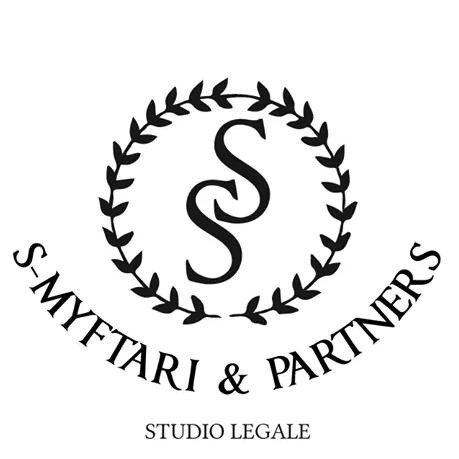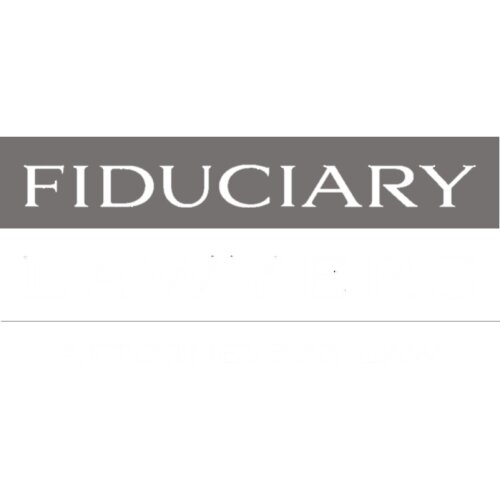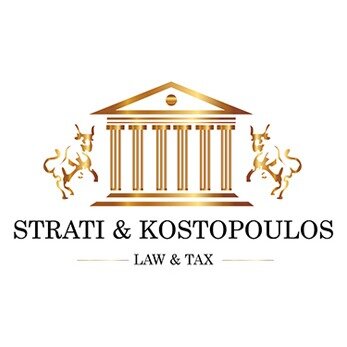Best Trusts Lawyers in Tirana
Share your needs with us, get contacted by law firms.
Free. Takes 2 min.
List of the best lawyers in Tirana, Albania
About Trusts Law in Tirana, Albania:
Trusts in Tirana, Albania are legal arrangements where assets are held by a trustee for the benefit of beneficiaries. This allows for the protection and distribution of assets according to the wishes of the person who created the trust, known as the settlor.
Why You May Need a Lawyer:
It is essential to seek legal advice when creating a trust to ensure that it is set up correctly and in compliance with local laws. A lawyer can also help with the administration of the trust, resolving disputes, and making amendments as needed.
Local Laws Overview:
In Tirana, Albania, trusts are regulated by the Law on Trusts, which establishes the legal framework for the creation and management of trusts. Trusts must be registered with the National Business Center and comply with all relevant tax laws.
Frequently Asked Questions:
1. What is the role of a trustee in a trust?
The trustee is responsible for managing the assets held in the trust and distributing them to the beneficiaries according to the terms of the trust.
2. Can a trust be contested in Tirana, Albania?
Yes, trusts can be contested in court if there are concerns about the validity of the trust, the actions of the trustee, or the distribution of assets.
3. How can I create a trust in Tirana, Albania?
To create a trust, you must draft a trust deed outlining the terms of the trust, appoint a trustee, and transfer assets into the trust.
4. What are the tax implications of a trust in Tirana, Albania?
Trusts in Tirana, Albania are subject to tax on income and capital gains. It is important to consult with a tax advisor to understand the tax obligations associated with a trust.
5. Can a trust be revoked or amended in Tirana, Albania?
Yes, a trust can be revoked or amended by the settlor as long as the trust deed allows for such actions.
6. What happens to a trust if the trustee becomes incapacitated?
If the trustee becomes incapacitated, a successor trustee should be appointed to take over the management of the trust.
7. Are there any restrictions on who can be a beneficiary of a trust in Tirana, Albania?
There are no restrictions on who can be a beneficiary of a trust in Tirana, Albania, as long as the terms of the trust do not violate any laws.
8. What is the difference between a revocable trust and an irrevocable trust?
A revocable trust can be changed or terminated by the settlor during their lifetime, while an irrevocable trust cannot be changed once it is created.
9. Can a trust protect assets from creditors in Tirana, Albania?
Assets held in an irrevocable trust may be protected from creditors, as they are no longer considered the property of the settlor.
10. How can I choose a trustworthy lawyer to assist with my trust in Tirana, Albania?
When selecting a lawyer to help with your trust, consider their experience with trust law, reputation, and level of communication. It is important to choose a lawyer who you feel comfortable working with and who can provide sound legal advice.
Additional Resources:
For more information on trusts in Tirana, Albania, you can contact the National Business Center or consult the Law on Trusts. Additionally, legal organizations such as the Albanian Bar Association can provide guidance on finding a trustworthy lawyer to assist with your trust.
Next Steps:
If you require legal assistance with a trust in Tirana, Albania, it is advisable to schedule a consultation with a lawyer who specializes in trust law. They can help you understand your options, navigate the legal requirements, and ensure that your trust is properly established and administered.
Lawzana helps you find the best lawyers and law firms in Tirana through a curated and pre-screened list of qualified legal professionals. Our platform offers rankings and detailed profiles of attorneys and law firms, allowing you to compare based on practice areas, including Trusts, experience, and client feedback.
Each profile includes a description of the firm's areas of practice, client reviews, team members and partners, year of establishment, spoken languages, office locations, contact information, social media presence, and any published articles or resources. Most firms on our platform speak English and are experienced in both local and international legal matters.
Get a quote from top-rated law firms in Tirana, Albania — quickly, securely, and without unnecessary hassle.
Disclaimer:
The information provided on this page is for general informational purposes only and does not constitute legal advice. While we strive to ensure the accuracy and relevance of the content, legal information may change over time, and interpretations of the law can vary. You should always consult with a qualified legal professional for advice specific to your situation.
We disclaim all liability for actions taken or not taken based on the content of this page. If you believe any information is incorrect or outdated, please contact us, and we will review and update it where appropriate.











